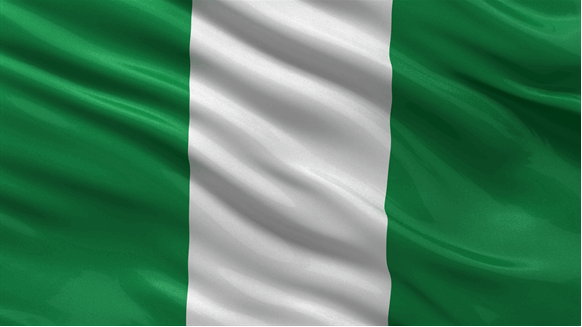Nigeria’s state oil company almost tripled the price of petrol at the pump after President Bola Tinubu said he would follow through on a promise to withdraw fuel subsidies that cost the government $10 billion last year.
The Nigerian National Petroleum Co. raised the cost to 488 naira ($1.05) a liter on Wednesday from 184 naira in Lagos, Nigeria’s commercial hub, according to a document seen by Bloomberg and confirmed by the company. In Abuja, the country’s capital, prices will rise to 537 naira from 194, he said.
Tinubu announced the end of the decades-old subsidy regime in his inauguration speech on May 29. Many gas stations across the country stopped selling fuel after the announcement to adjust their prices. Long queues have formed at outlets, while intra-city transport fares have gone up.
The decision to abandon the policy led to a rally in Nigerian dollar bonds on Tuesday. Africa’s biggest crude producer would have had to spend 6 trillion naira ($12.9 billion), about two-thirds of the revenue expected from oil and gas production, if the subsidies had continued.
Rising fuel prices may hamper the central bank’s efforts to curb inflation in Africa’s most populous country, where nearly 40 percent of the population lives in extreme poverty. The monetary policy committee has raised its benchmark interest rate by 700 basis points from May 2022 to a record 18.5%. Price growth accelerated to a nearly 18-year high of 22.2% in April.
The NNPC, which currently imports all of Nigeria’s petrol needs, has been selling the fuel at a heavy loss. The company’s CEO, Mele Kyari, said on Tuesday that the government has yet to reimburse the company more than $6 billion that was spent to keep petrol cheap.
“We can’t keep building this,” he said.


